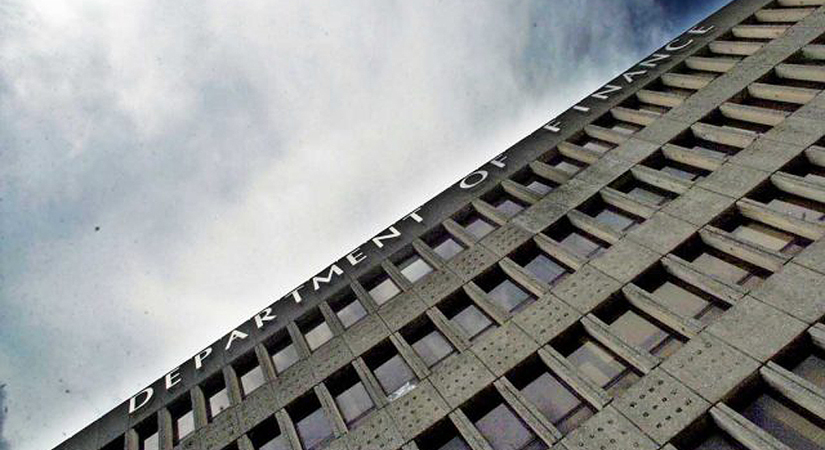
THE government’s economic reform program is being repositioned as a key element of the recovery and for attracting investment after the coronavirus disease 2019 (COVID-19) pandemic, the Department of Finance (DoF) said.
“Looking ahead, the Philippines should adopt economic reforms, in addition to its infrastructure program, to attract more investments,” the DoF said in an economic bulletin released over the weekend.
Among the reforms are the proposal to cut the corporate income tax to 25% and streamline the tax incentive system under Corporate Recovery and Tax Incentives for Enterprises Act (CREATE) bill; allow financial institutions to offload bad loans to asset management companies under the Financial Institutions Strategic Transfer (FIST) bill; and the proposed Passive Income and Financial Intermediary Taxation Act, which seeks to simplify the tax structure for financial instruments.
These reforms can also help revive the economy from this year’s recession.
Amendments to the 83-year-old Public Service Act that will ease foreign ownership restrictions in various sectors as well as to the Retail Trade Liberalization Act, which would lower the minimum paid-up capital for foreign firms wanting to enter the sector, are also among the reforms that the department supports.
These measures are currently pending in Congress. CREATE and FIST bills form part of the government’s economic recovery program.
The former is estimated to cost the government P42 billion this year and P625 billion in the next five years as the tax rate is lowered gradually to 20% by 2027, while the latter could result in up to P13 billion of foregone revenue due to tax-exempt bad-loan transfers to asset management companies.
“Good macroeconomic fundamentals have cushioned the impact of the coronavirus pandemic. A prudent, calibrated reopening of key sectors of the economy will be key to the recovery of the economy in general and trade in particular,” the DoF added.
It noted that total external trade in goods has been slowly recovering as the global economy reopens. It noted the decline in total trade slowed down to -18.6% in July from -18.7% in June and the sharp 35.3% drop in May.
In 2020, economic managers estimate a gross domestic product contraction of 4.5-6.6%. — Beatrice M. Laforga
